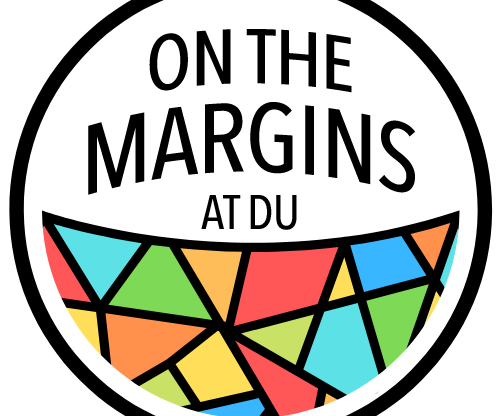In 2006, DU made a commitment to what they defined as “Inclusive Excellence” after Dr. Alma Clayton Pedersen used the phrase in her keynote speech at the DU Diversity Summit.
According to the Cultural Center, inclusive excellence is “more than a short-term project or single office initiative…[it is a] comprehensive approach [that] requires a fundamental transformation of the institution by embedding and practicing IE in every effort, aspect, and level of a college or university.”
DU asserts that Inclusive Excellence is more than a pithy phrase but a bedrock ideal. It claims that a commitment to Inclusive Excellence has fundamentally changed the university’s behavior and maximize the amount of inclusion and diversity seen on campus.
But the phrase has lost meaning among students who see it as an empty promise. “Inclusive Excellence” is now thrown around sarcastically to call attention to DU’s perceived apathy. Students insinuate that it is a disingenuous platitude, and they take the phrase as seriously as DU appears to take inclusion and diversity. This is punctuated by the fact that the link on DU’s website to their statement on diversity is broken and takes you to a 403 error page.
The Clarion is committed to representing DU students and the unique lived experiences that we all face. Over the next two quarters, in this “On the Margins at DU” column, we will be publishing articles featuring interviews with affinity groups and relevant campus leaders to assess how and if DU is honoring its commitment to diversity and inclusion.
We recognize that by speaking with these alliances and organizations in isolation of one another, this journalism lacks an intersectional approach. In an attempt to account for this, we will devote the end of this column to the multicultural groups on campus and students with identities that transcend cultures, races, genders and sexualities.
Through this column, we hope to shed light on the range of identities and experiences that exist on campus, create a space where their voices can be heard and highlight their contentious relationship with DU. We hope to represent them with as much journalistic integrity as possible, but are aware that there are stories we will fail to communicate with the same voice. We aspire to do better than student organizations and institutions, including The Clarion, have done in the past at treating these topics with the thought and consideration they deserve.
If there is feedback you would like to give or issues you would like to see covered in this column, please reach out to duclarioneditorialteam@gmail.com.











